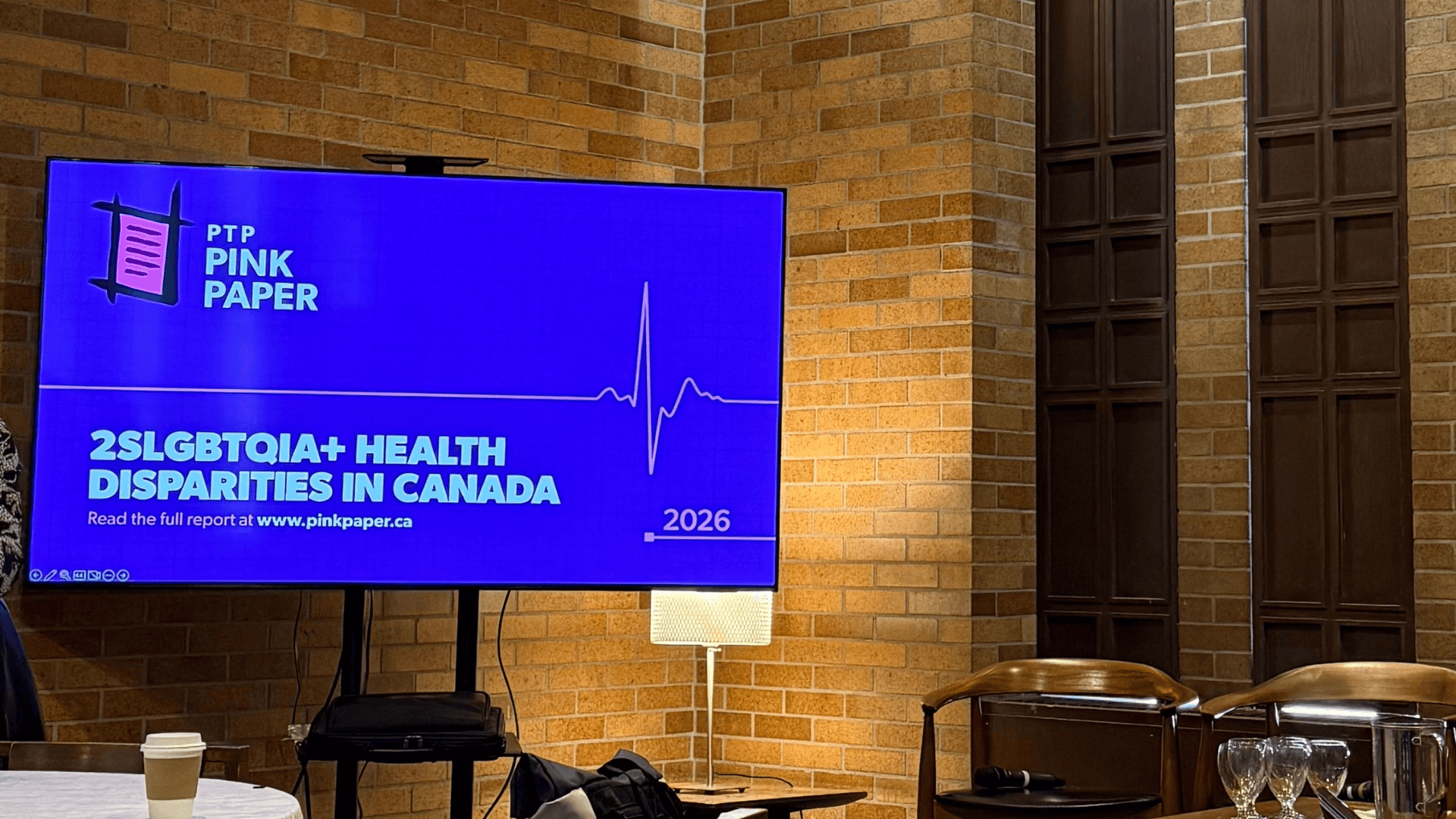From “patient-centric” to “human-centric”: a shift from treating patients to caring for people.

Posted on: Monday Apr 8th 2024
Article by: Vijay Wadhawan
ARTICLE BY
VIJAY WADHAWAN
As World Health Day 2024 elevates the theme “My health, my right,” it’s time to put people, not “patients,” at the heart of healthcare.
For decades, many who work in healthcare have aspired – and encouraged each other – to be “patient-centric.” The term has circulated in diverse areas of health, from policy tables to clinical contexts to industry – for example, among developers of pharmaceuticals and medical devices.
Efforts to be patient-centric were well-intentioned. They had the noble aim of placing the patient at the heart of healthcare, instead of treating the patient as a number in a bureaucratic system or an object passively moving along a conveyor belt, being acted upon by different parts of a big machine (family doctor, specialist, radiologist, surgeon, pharmacist…).
Patient-centricity was meant to empower patients, addressing their needs comprehensively, acknowledging their unique circumstances and engaging and empowering them when it came to decisions about their care.
Patients are people first
As the healthcare landscape changes and our understanding of the determinants of health continues to evolve, it may be time to revisit the concept of “patient-centricity.”
I see promise in a shift from a “patient-centric” mindset towards a “human-centric” one. This distinction might seem subtle at first, but its implications are profound. This shift in language and thinking would broaden our understanding of people, taking in not just their status as potential subjects of medical intervention but as whole people – with unique lives, stories and values – irrespective of their health status. The fact is, most people don’t think of themselves as “patients.” (Even amid serious illness or during an extended hospital stay, people tend to bristle as their “patient” status overshadows the rest of their story and identity.) Human-centric healthcare would engage individuals as whole people, whether they’re navigating illness or pursuing wellness. It would not simply assess their needs and dispense standard advice and treatment, but seek to understand how they view their health and healthcare choices, and build trust by engaging them on their own terms.
Embracing the concept of human-centricity in healthcare means acknowledging that healthcare is not just a series of transactions or treatments but a continuous engagement with individuals’ lives and values. Charles Duhigg, a journalist and author of
The Power of Habit
, writes, “When marketers influence habits, they influence peoples’ self-identity. And so when a group or company does something that doesn’t correspond to our core values, it feels like a betrayal.” The healthcare system is part of people’s lives from birth to death and has opportunities to engage people (in sickness and health) based on their values, identities and experiences – not just their immediate medical needs. By doing so, healthcare providers can build trust and rapport with individuals. This in turn creates opportunities to provide enhanced care and even potentially stem the erosion of trust in health systems so stressed that they can feel anything but human-centric.
Of course, healthcare providers have their roles and expertise; inevitably, they’ll see the people they serve through a healthcare lens. But considering individuals’ values in relation to their healthcare needs can lead to a clearer, more nuanced understanding of some of healthcare’s biggest challenges. For example, it can help providers deliver more effective messaging on prevention and public health; use more persuasive strategies to encourage healthy behaviours; and get better at motivating people to take regular, proactive steps to protect their own health.
Diversity is about more than demographics
When we consider diversity among Canadians only through the lens of demography (age, gender, ethnicity, etc.) or health status (disease, risk factors, etc.), we miss opportunities to tailor our approaches according to factors that powerfully shape people’s perspectives: their values. For example, among a group we call “Responsible Proactives” – who score high on values like
Personal Control, Effort Towards Health
and
Personal Challenge
– we see that 77% have complete confidence in their GP. Meanwhile, among “Anxious Avoiders” – who stand out on values such as
Aversion to Complexity, Anomie and Aimlessness
– only 11% have complete confidence in their GP. In a third values-based segment of Canadians whose key values include
Vitality, Pursuit of Originality
and
Penchant for Risk
, 66% believe that they are the kind of person who doesn’t need doctors or medicine. Clearly, if they were presented with identical messages and guidance from their GPs or other healthcare authorities, these three groups could be expected to respond in very different ways.
The COVID-19 vaccination campaign was a case study of the limitations of one-size-fits-all messaging, or messaging strategies that only accounted for geo-demographic factors. Despite the urgency and global scale of the vaccination effort, the initial messaging failed to resonate with diverse audience segments. By segmenting the population according to their values (or psychographics, as opposed to demographics), we see a path forward: tailoring some appeals to those motivated by community welfare or driven by fear of infection, and other messages to those concerned about individual freedom and skepticism of government sources.
To reach people effectively, healthcare messaging must evolve to address the unique values and concerns of its audience – and these values and concerns vary widely. A person’s Social Values can have a profound impact on nearly every aspect of their life, including the way they engage with the healthcare system, their inclination to trust systems and experts, and their overall health behaviours.
The journey from patient-centricity to human-centricity is not just a change in terminology but a profound shift in perspective. This shift in perspective creates opportunities to increase health equity, improve health outcomes for some and ultimately alleviate some of the strain on health systems by boosting the efficacy of key messages about prevention and compliance. As we move forward, it’s worth remembering that at the heart of healthcare is not just the treatment of disease but the nurturing of human life and dignity. By embracing ‘human-centricity,’ we can take an important step toward a healthcare system that’s not just as a guardian of health but also a beacon of trust, empathy and understanding in the lives of those it serves.
Tags:
More Articles

Thought Leaders
Managing the Middle: Gen X and the Healthcare Squeeze
02/02/26
Vijay Wadhawan

Research
What the Data Reveals About 2SLGBTQIA+ Health in Canada
02/02/26
Vijay Wadhawan

Industry Trends
Data Portability Isn’t a Policy Detail. It’s a Pressure Release
01/28/26
Bernice Cheung

